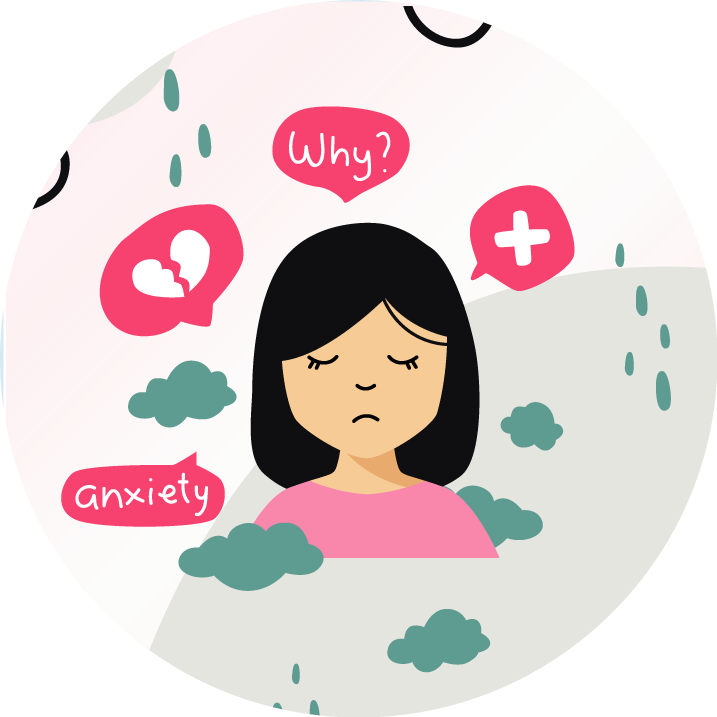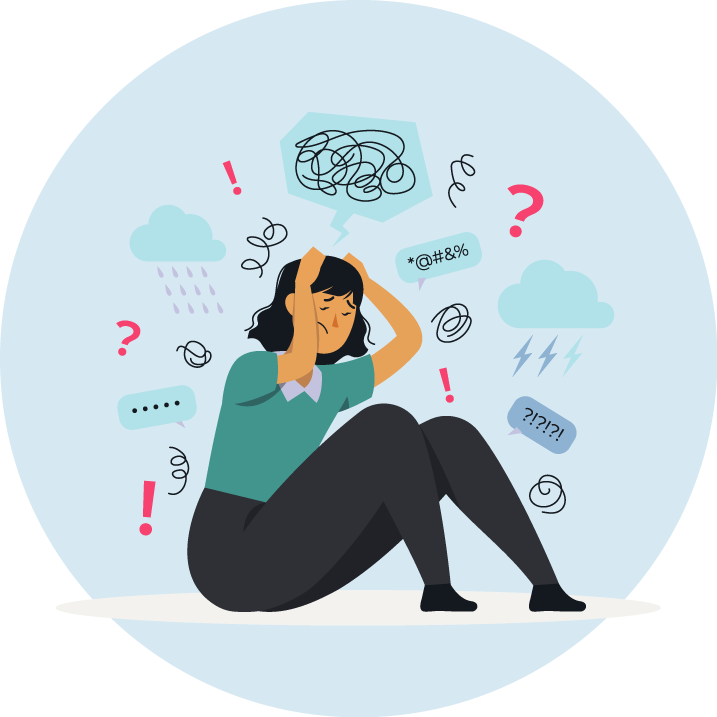WFH Guide to Better Mental Wellbeing

WFH Guide to Better Mental Wellbeing
September 23 2025 TalktoAngel 0 comments 24 Views
The work-from-home (WFH) model has transitioned from a temporary solution to a long-term reality for many. While the flexibility and convenience of remote work are undeniable, it comes with its own set of mental health challenges—blurring boundaries between personal and professional life, feelings of isolation, reduced motivation, and digital fatigue. If you're working remotely, prioritizing mental wellbeing isn’t just beneficial—it’s essential. This guide explores practical strategies to protect and enhance your mental health while working from home.
1.Create a Dedicated Workspace
Having a specific space designated for work can greatly influence your focus and mental state. Working from your bed or couch might seem tempting, but it confuses your brain about when to rest and when to work.
Tips:
- Set up a desk or table exclusively for work.
- Keep it clutter-free and organized.
- Personalize it with calming elements like plants, artwork, or soft lighting.
Having a boundary between “work mode” and “home mode” is key to reducing mental fatigue.
2.Stick to a Structured Routine
Without a commute or office hours, it's easy to let your schedule slip. But inconsistency can lead to stress, poor sleep, and a lack of motivation.
Tips:
- Wake up and sleep at consistent times.
- Start your day with a morning ritual—stretching, journaling, or meditating.
- Plan your day with realistic goals.
- Remember to “disconnect” at the end of the day to signal a clear boundary between work and personal time.
Structure brings a sense of control, which is important for mental stability.
3.Take Regular Breaks
Working for hours without stepping away from your screen can lead to mental exhaustion, eye strain, and burnout.
Tips:
- Try using the Pomodoro Technique: work with full focus for 25 minutes, then take a short 5-minute break to recharge.
- Take a walk, stretch, do deep breathing, or simply stare out the window.
- Avoid using breaks for mindless scrolling on social media—opt for screen-free pauses.
These short breaks recharge your mind and enhance productivity.
4.Set Clear Healthy Boundaries
When your home becomes your workplace, it's easy for work to creep into personal time, disrupting your work-life balance.
Tips:
- Communicate work hours clearly to your team and family.
- Don’t check work emails after a set time.
- Say no to unnecessary virtual meetings outside your working window.
Boundaries preserve your emotional energy and prevent chronic stress.
5.Stay Socially Connected
A major hurdle of remote work is the reduced opportunity for face-to-face human connection. Loneliness can silently impact your emotional wellbeing.
Tips:
- Schedule regular virtual catch-ups with coworkers—not just for meetings, but for casual chats.
- Stay in touch with friends and family through video calls or voice notes.
- Join online interest-based groups or communities.
Remember, connection is a basic human need—don’t let isolation creep in.
6.Practice Mindfulness and Stress Management
Mindfulness helps you stay grounded, reduces anxiety, and improves emotional regulation. It trains your mind to respond calmly rather than react impulsively.
Tips:
- Start or end your day with a 5–10-minute mindfulness meditation.
- Try apps like Headspace, Calm, or Insight Timer.
- Practice deep breathing techniques during stressful moments.
Even a few minutes of mindfulness daily can create a major shift in how you handle stress.
7.Get Physical Every Day
One of the best strategies to improve mood and lower stress is to engage in physical activity. Remote work frequently involves extended periods of sitting, which can result in both physical strain and mental exhaustion.
Tips:
- Go for a morning walk or jog.
- Follow quick home workouts or yoga sessions on YouTube.
- Incorporate standing desks or opt for walking meetings whenever feasible.
Exercise releases endorphins—natural mood lifters that keep your mind sharp and positive.
8.Nourish Your Body and Mind
Nutrition and staying hydrated significantly impact mental sharpness and emotional balance.
Tips:
- Avoid skipping meals or surviving on junk food.
- Stay hydrated throughout the day—aim for 8–10 glasses of water.
- Include brain-boosting foods like berries, nuts, dark chocolate, and leafy greens.
Healthy fuel leads to a healthier mind.
9.Unplug After Work Hours
Constant connectivity leads to tech fatigue. Even after signing off from work, we often stay glued to our devices, which can affect sleep and increase anxiety.
Tips:
- Designate “no-screen” time in the evening.
- Read a book, listen to music, or try a creative hobby like sketching or journaling.
- Avoid blue light exposure an hour before bed to improve sleep quality.
Unplugging helps your brain reset and reduces mental clutter.
10.Seek Professional Support When Needed
Despite your best efforts, there may be times when anxiety, low mood, or burnout become difficult to manage alone. It's okay to ask for help.
Tips:
- Talk to a therapist or counselor—many offer online sessions.
- Use Employee Assistance Programs (EAPs) if available.
- Practice self-compassion: You don’t have to be productive all the time.
Mental well-being is just as important as physical health. Don’t ignore the signs.
Conclusion
Remote work has changed the way we live and work. While it offers flexibility, it also demands greater self-discipline and mindfulness. By creating boundaries, staying connected, and taking care of your mind and body, you can thrive in a work-from-home environment—not just survive it. Remember, mental well-being is not a luxury. It’s a foundation for sustainable productivity, creativity, and happiness. Invest in it—every single day.
Contributed by: Dr (Prof.) R K Suri, Clinical Psychologist & Life Coach, & Ms. Tanu Sangwan, Counselling Psychologist
References
- Kabat-Zinn, J. (1990). Full Catastrophe Living: Using the Wisdom of Your Body and Mind to Face Stress, Pain, and Illness. Delta.
- American Psychological Association. (2020). Stress in America 2020: A National Mental Health Crisis. https://www.apa.org/news/press/releases/stress/2020/report
- Goleman, D. (2013). Focus: The Hidden Driver of Excellence. Harper.
- World Health Organization. (2020). Mental Health and Psychosocial Considerations During the COVID-19 Outbreak. https://www.who.int
- Csikszentmihalyi, M. (1990). Flow: The Psychology of Optimal Experience. Harper & Row.
Leave a Comment:
Related Post
Categories
Related Quote

“Remember: the time you feel lonely is the time you most need to be by yourself. Life's cruelest irony.” - Douglas Coupland

“Anxiety is a thin stream of fear trickling through the mind. If encouraged, it cuts a channel into which all other thoughts are drained.” - Arthur Somers Roche

"It is okay to have depression, it is okay to have anxiety and it is okay to have an adjustment disorder. We need to improve the conversation. We all have mental health in the same way we all have physical health." - Prince Harry

“What lies behind us and what lies before us are tiny matters compared to what lies within us.” - Ralph Waldo Emerson

“Stress is an ignorant state. It believes everything is an emergency.” - Natalie Goldberg
Best Therapists In India






















SHARE